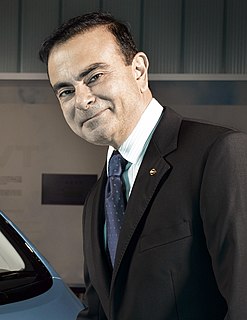A Quote by Annamie Paul
For-profit long-term care absolutely needs to go.
Related Quotes
The most important thing that a company can do in the midst of this economic turmoil is to not lose sight of the long-term perspective. Don't confuse the short-term crises with the long-term trends. Amidst all of these short-term change are some fundamental structural transformations happening in the economy, and the best way to stay in business is to not allow the short-term distractions to cause you to ignore what is happening in the long term.
In the short term, it absolutely feels devastating to break a bond of friendship. In the long term, it is the best possible thing. You're actually doing something noble and good if you do it in the right way. You can leave them with, "I wish you the best, but I have to take care of myself." Or you don't have to wish them the best. It's okay if you don't. Maybe they don't deserve the best. That's not up to you to decide. You not wishing someone the best is not going to make anyone's life not the best.
I think everybody knows that Africa is in a very deep crisis. There is economic misery and social deprivation and that Africa needs help but the question then is how. And also we have to make sure that we don't repeat old mistakes; this help is only short term. It doesn't address Africa's long-term fundamental needs and how to put Africa on the right track to development. What Africa needs to do is to grow, to grow out of debt.
































